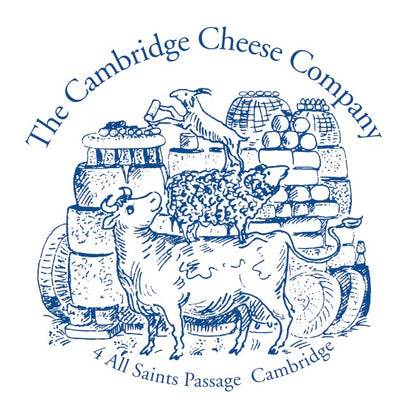Nettlebed Creamery’s history dates back to 1901, when the farm in Henley-on-Thames, Oxfordshire was purchased by Rose’s great grandfather. Her grandfather created the dairy in 1950 and then the entire farm was converted to organic in 2001. The farm has a wealth of biodiversity and abundance of wildlife, some of the many benefits of their organic policies and total ban on pesticides, fungicides and fertiliser.
Animal welfare is also a top priority on the farm and their happy cows have a huge amount of space, access to pasture and as much time outside as possible. Organic standards also ban the routine use of antibiotics and wormers and instead ensure that cows have ample space to roam, which naturally reduces stress and disease and removes the need to use them in the first place. The cows are also fed a grass rich, organic diet, instead of any GM animal feed. This forage based diet means the dairy has a much lower milk yield but is much more sustainable and protects the animal’s welfare.
Soil Association’s welfare standards and sustainable agriculture standards are the highest in the UK and ensure that cows are actually free range, with access to pasture whenever the weather permits. They also ensure a totally natural and organic diet with a minimum of 60% forage, which lowers the animals carbon footprint and reduces and/or eradicates food miles associated with feeding livestock (cows in industrial farming tend to be fed imported, GM feed). Farms run under these standards also see a vast increase in biodiversity on site.
The carbon footprint of free range cows is significantly lower than their barn kept counterparts as food doesn’t need to be grown for them elsewhere and so there are very few, if any, food miles involved in their feeding.
Nettlebed Creamery heat their water with energy generated from a wood chip boiler and generate their electricity with solar panels.




